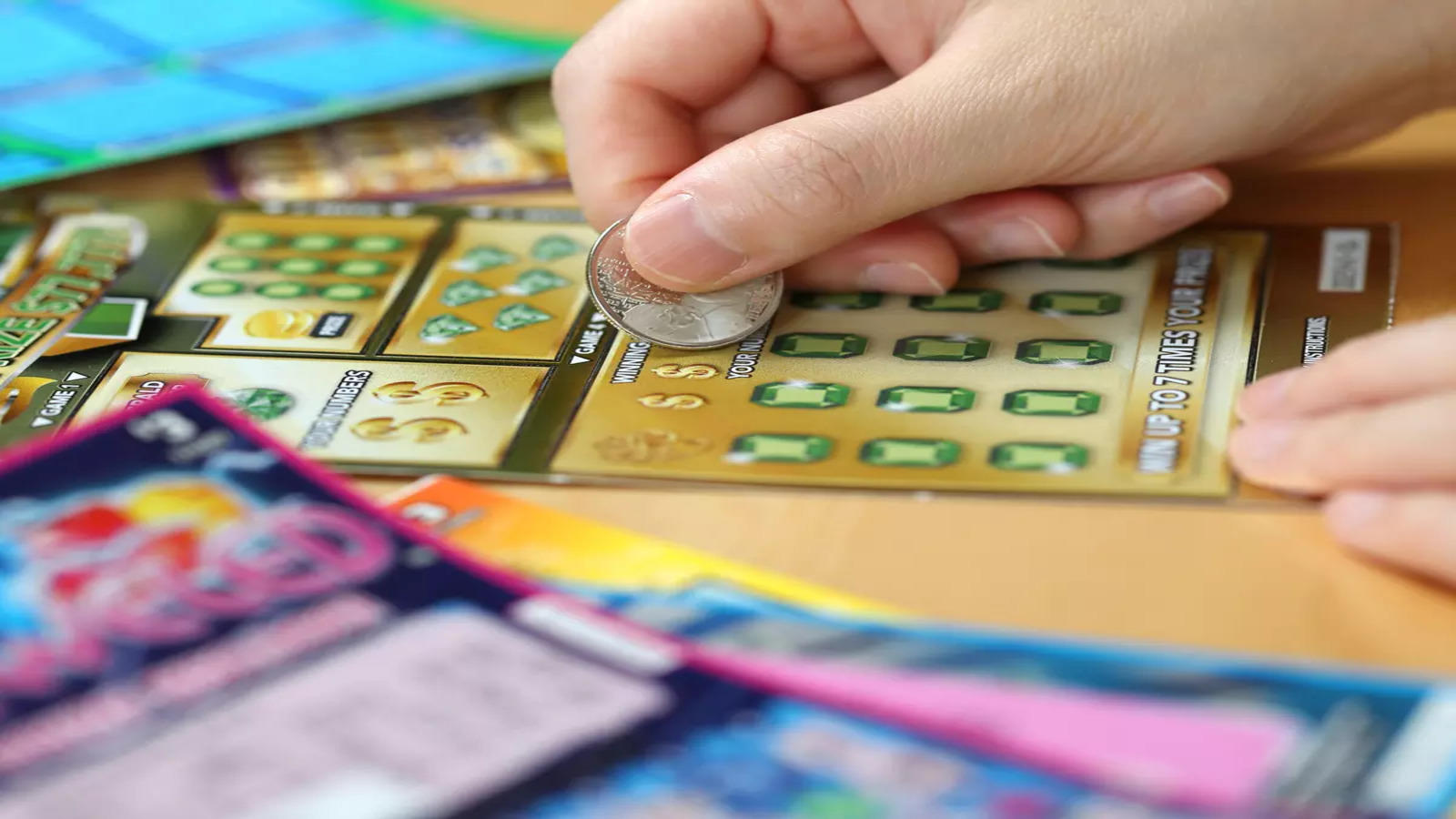Lotteries have long captured the imagination of people worldwide. The allure of a sudden windfall, the dreams of a luxurious lifestyle, and the promise of escaping financial constraints draw millions to try their luck every day. But beyond the glitz and glamor lies a complex interplay of psychology, probability, and socioeconomic factors that shape our perceptions and behaviors towards data macau.
The Psychology of Lottery Participation: Participating in lotteries is not merely about the chance to win; it’s about the emotional journey it offers. Research suggests that the anticipation of a potential win triggers the brain’s reward system, releasing dopamine and generating feelings of pleasure and excitement. This neurological response fuels the desire to purchase tickets, regardless of the odds.
Moreover, lotteries serve as a form of escapism for many individuals facing financial hardship or mundane realities. The fantasy of winning serves as a temporary reprieve from everyday struggles, offering hope and optimism for a better future. In essence, the allure of the lottery lies not just in the tangible prize but in the intangible promise of a transformed life.
The Reality of Lottery Odds: While the allure of lottery wins is undeniable, the harsh reality is that the odds of winning are often astronomically low. Whether it’s a national jackpot or a local raffle, the chances of an individual ticket holder claiming the prize are minuscule. This discrepancy between probability and perception is what fuels the lottery industry, as players remain entranced by the slim possibility of a life-changing win.
Moreover, the psychological phenomenon known as “availability heuristic” plays a significant role in distorting our perception of lottery wins. Media coverage tends to highlight extraordinary jackpot victories, leading individuals to overestimate their chances of replicating such success. This cognitive bias reinforces the belief that winning is more achievable than statistics suggest, further perpetuating lottery participation.
The Socioeconomic Impact: Lotteries often target demographic groups facing economic hardship, presenting the promise of financial liberation as a solution to their woes. However, this marketing strategy disproportionately affects low-income individuals, who may allocate a significant portion of their earnings towards lottery tickets in pursuit of a better life.
Critics argue that lotteries exacerbate socioeconomic inequalities by capitalizing on the aspirations of the disadvantaged while offering minimal returns. Instead of addressing systemic issues such as wealth disparity and lack of access to education, lotteries perpetuate the myth of meritocracy, where success is attainable through luck rather than effort.
Conclusion: Lotteries occupy a unique space in our collective consciousness, blending fantasy with reality, hope with probability. While the allure of winning is undeniable, it’s essential to critically examine the psychological and socioeconomic implications of participating in such games of chance.


